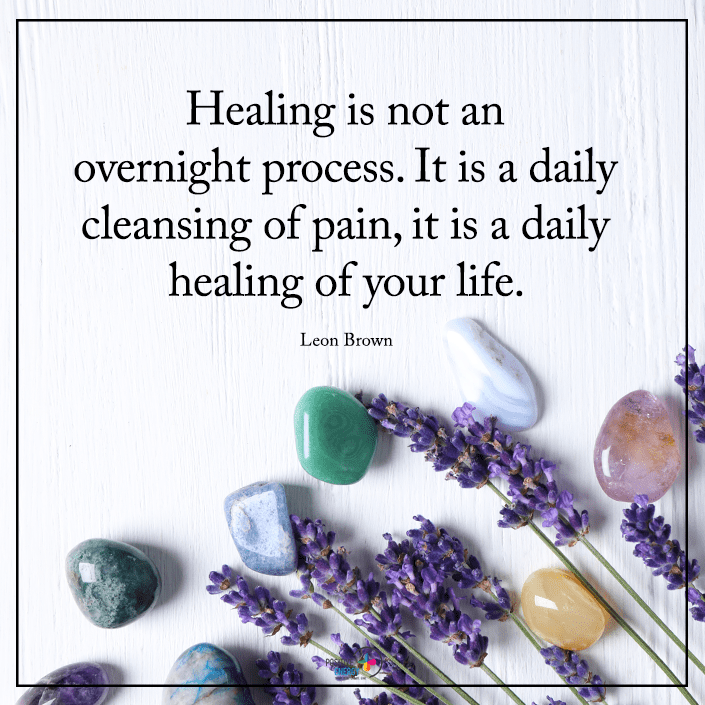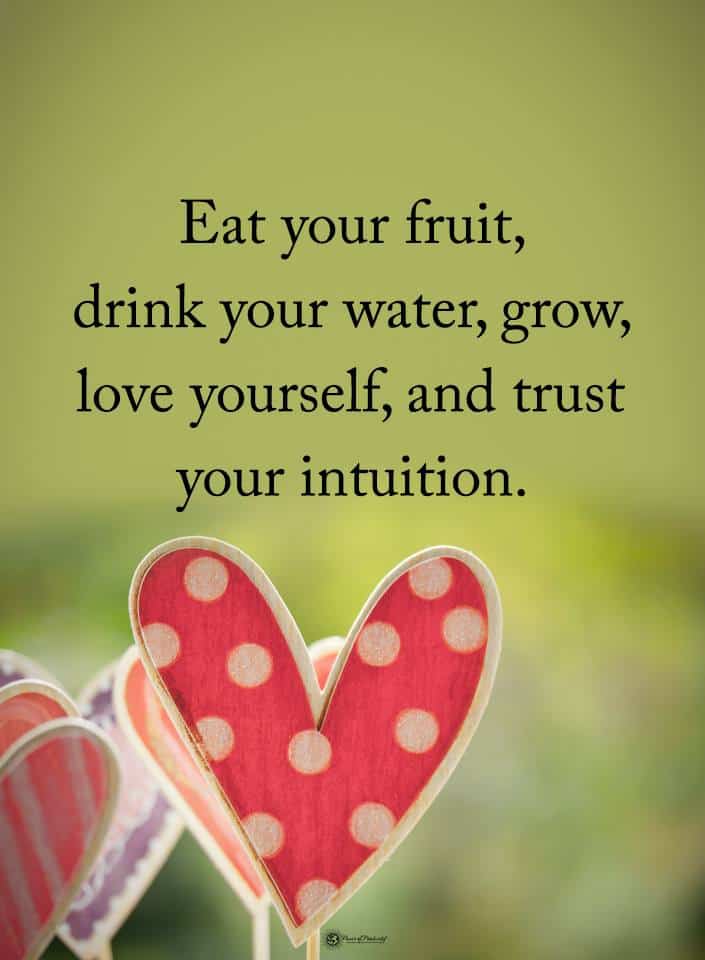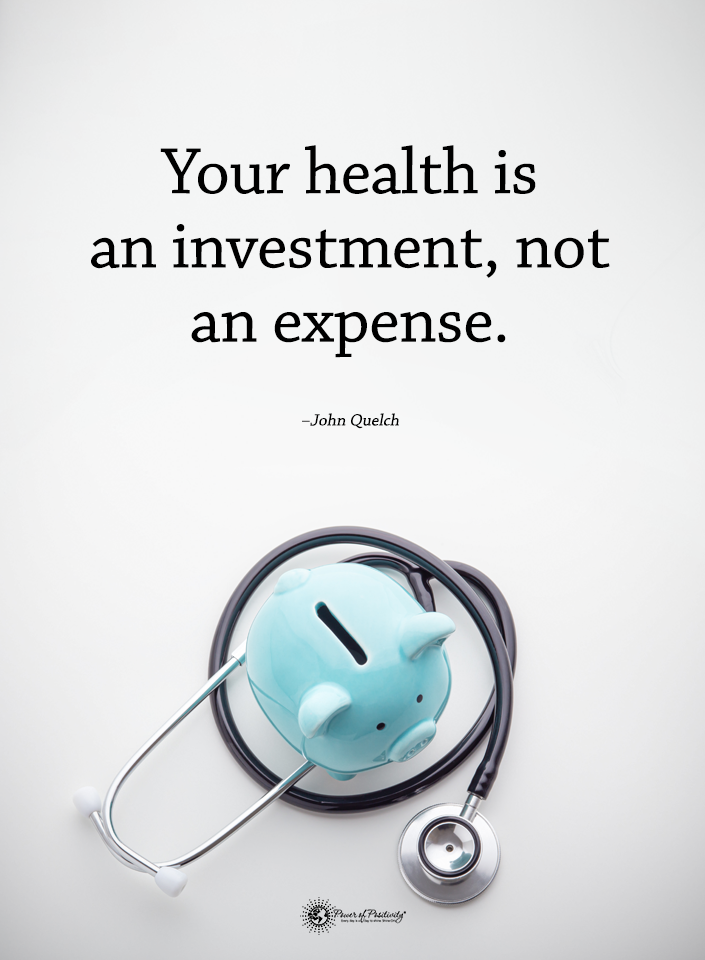Most people have heard of sugar addicts, but carbs can be just as enticing. Simple carbs have the most significant appeal because they provide a quick burst of energy. Plus, most foods containing these carbs taste delicious, such as donuts or burgers. When you’re in a time crunch, you may not always be able to prepare a homemade meal. Since fast food establishments abound in America, most people choose the latter.
However, saving time on making a meal comes at a steep price when it comes to your health. One unhealthy meal every so often won’t make much of a difference. But when you make a habit out of consuming carbs that digest quickly, it can cause poor mental and physical health.
For instance, obesity, diabetes, heart disease, strokes, anxiety, and depression can result from an unhealthy diet. Numerous studies have linked the rising consumption of highly processed foods to the global overweight and obesity epidemic. According to the CDC, around 42% of adults over age 20 suffer from obesity, while 73% are overweight.
These statistics are alarming, revealing a profoundly sick society where ill health has normalized. However, that doesn’t mean we should accept diseases without trying to fix the underlying problem first. We can restore our health by eating the proper foods, exercising regularly, and remembering to prioritize self-care.
First, it’s essential to recognize the signs that you or someone you know could have a carb addiction. We’ll discuss some common behaviors of carb fanatics and ways to overcome these bad habits.
5 Common Behaviors of Carb Addicts

1. Carb addicts crave desserts after every meal.
Many people that overeat carbs enjoy having desserts after dinner because they crave a sugar rush. Because they don’t eat enough fats or protein, they must compensate by using quick energy sources, like simple carbs. Desserts like cakes and brownies have plenty of these carbs to satisfy the need for easy calories. However, eating these types of food often can point to sugar addiction.
2. Carbs addicts are emotional eaters.
People eat food not only for energy but comfort as well. After a long, difficult day at work, most people want to put a hearty meal in their bellies. Since humans first walked the Earth, we’ve associated food with comfort because it meant we survived another day. In the modern world, people eat primarily because of mental discomfort associated with external stressors.
Simply put, food makes us feel better, and nothing increases dopamine like a slice of cake or spaghetti.
3. The carb addict could stand to lose weight.
If you feel more sluggish than usual, weight loss can help restore your energy levels. However, people with severe food addictions may struggle to adopt a healthy lifestyle without professional help. Therapists and nutritionists often work with people with disordered eating habits to help them uncover the root cause of their behavior. After all, our physical health mirrors our mental state, so obesity and overweight begin in the mind.
4. You feel tired after meals.
People who have a carb addiction often complain of feeling fatigued after eating. That happens because their insulin spikes dramatically due to the influx of sugars in the body. As the pancreas struggles to regulate blood glucose, it can cause sleepiness once insulin levels drop back to normal. The only macronutrient that can cause this reaction is carbs, as fats and protein have a minimal effect on insulin.
5. You have Type II diabetes.
While type I diabetes does not have a cure, type II diabetes can be managed or even prevented with a healthy lifestyle. For instance, cutting back on simple carbs and sugars can keep blood glucose at a normal level. Unfortunately, diabetes has become an epidemic in many Western countries because of our highly processed diets. Around 96 million Americans over age 18 have prediabetes, according to the CDC.
Three Healthy Habits that Reduce Carb Cravings

It can feel hopeless or frustrating if you can’t seem to lower your carbohydrate intake. However, any positive habits can cancel out harmful ones with enough repetition. With consistency and willpower, you can achieve anything, including adopting a healthier diet. Below, we’ll give you three tips to kickstart your wellness journey:
1. Eat more protein with and between meals.
Both carbs and protein contain four calories per gram, but not all macronutrients are created equally. Protein requires more energy for your body to digest and reduces levels of the hunger hormone ghrelin. Eating more protein with meals ensures you remain satisfied longer than consuming processed carbs.
2. Remain active so you don’t eat out of boredom.
Have you ever known someone who mindlessly eats when they have nothing to do? Many people find themselves adopting this unhealthy habit in the modern world. Combating eating out of boredom begins with staying active and keeping your mind busy. If you don’t have as much time to eat, you naturally will eat fewer calories.
3. Consume healthy fats.
Both fats and protein can help you feel fuller and are essential for a healthy diet. Fats contain nine calories per gram, so when combined with protein, they quickly increase satiety. Try cooking chicken breasts or tofu in ghee or olive oil for a healthy dose of fats and proteins. However, steer clear of hydrogenated oils in margarine and shortening, as these can raise LDL cholesterol levels.
Final Thoughts on Habits of the Carbohydrate Addict
We need a healthy amount of carbohydrates in our diets to function optimally. However, numerous advertisements bombard us with images of burgers and fries, appealing to our most basic, primitive desires. Feeling motivated to cook a homemade meal is difficult when you have temptations in your face left and right. But you can overcome a carb addiction and practice healthy living if you believe in yourself. Start by adopting one healthy habit per month until you’ve reached your goal.
The post 5 Behaviors That Reveal a Carb Addict appeared first on Power of Positivity: Positive Thinking & Attitude.








